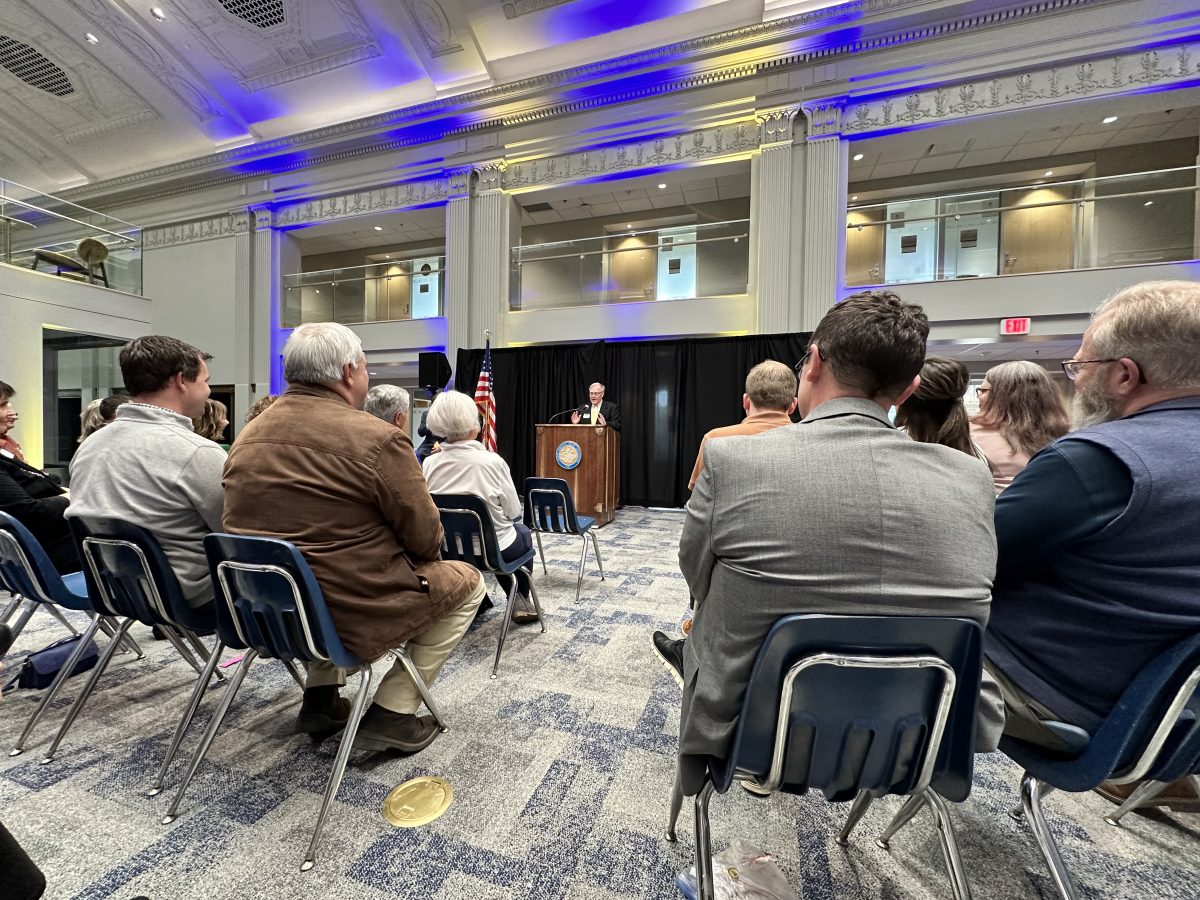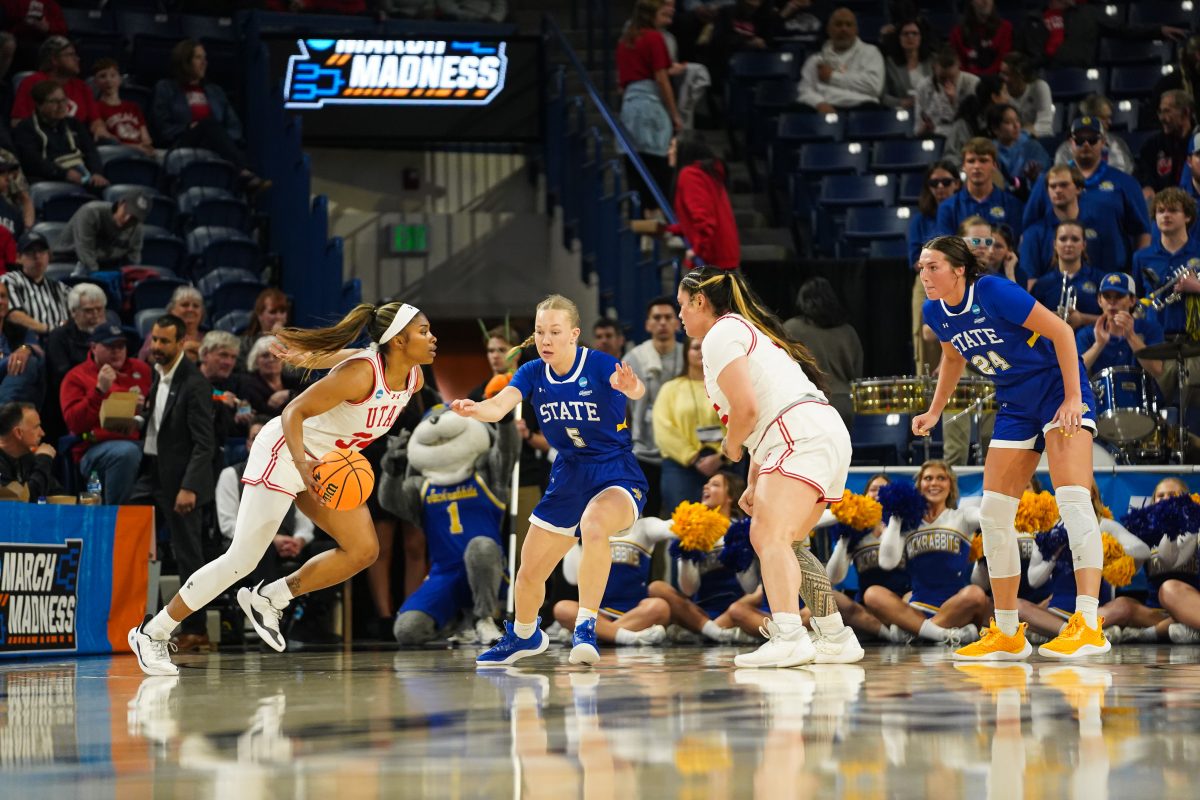$50 million scholarship fund awaits governor’s signature

March 16, 2021
Senate Bill 171, which would allow funding for the “South Dakota Freedom Scholarship,” was delivered to Gov. Kristi Noem’s desk last week to potentially be signed into law. This would create a needs-based scholarship for South Dakota students.
The bill would allocate $50 million to an endowment fund, which is expected to balloon to $200 million with private donations, including $50 million in January from contributors like First Premier Bank, Premier Bankcard and T. Denny Sanford.
This bill was a part of a spending spree for the legislature, since South Dakota received $300 million in federal stimulus last spring.
The scholarship will supplement Federal Pell Grant scholarships, which grant funds to students with exceptional financial needs. A 2018 Board of Regents report showed a $2,400 drop in Pell grant recipient students since 2010. Proponents of the scholarship said Pell Grants were not enough.
“I don’t believe it is all coincidental that the drop in enrollment during that same period of time mirrors exactly the drop in Pell eligible students,” President Barry Dunn told the Senate Affairs Committee last month. “The incremental increase in the cost of public higher education in the state of South Dakota, driven primarily by state salary policy and inflation, has exceeded the funds available to students through Pell and other federal programs.”
The scholarship was designed to compete with surrounding states. While tuition is relatively inexpensive in South Dakota compared to other places, all of South Dakota’s border states have more needs-based funding available.
According to a presentation the Board of Regents gave to the Appropriations Committee in January, South Dakota invests only $15 per Federal Pell Grant recipient, compared to Wyoming’s $2,620 and Minnesota’s $2,494.
The scholarship also requires that recipients work in South Dakota for at least three years after graduating, maintain a 2.5 GPA and attend a Board of Regents or tribal school in the state.
“This Bill is about those blue-collar kids who you all paid to educate,” said Sen. Lee Schoenbeck (R-Watertown), president pro tempore and prime sponsor of the bill, to the Senate floor. “Instead of exporting those kids, we’re going to keep them.”
The bill passed through the Senate with a vote of 32-1 and the House of Representatives 52-17 with bipartisan support.
“My only concern about this bill is that we have dreamed too small,” said Sen. Reynold Nesiba (D-Sioux Falls) in the bill’s Joint Appropriations Committee hearing. “Minnesota is already doing four times more.”
The bill met some resistance in the House. Some believed that scholarship subsidies are not the proper role of government.
“If we wanted to say everyone’s entitled to a four-year degree … then maybe we make a policy change,” Rep. Steven Haugaard (R-Sioux Falls), said. “This is not something we should be endorsing as Republicans, especially for something that would otherwise be federal debt.”
Other opponents were worried the scholarships would incentivize universities to raise tuition.
South Dakota State University Students’ Association President Hattie Seten and Vice President Reis Bruley testified in support of the bill to the Joint Appropriations Committee. Seten mentioned that she, herself, was a Pell grant recipient.






















